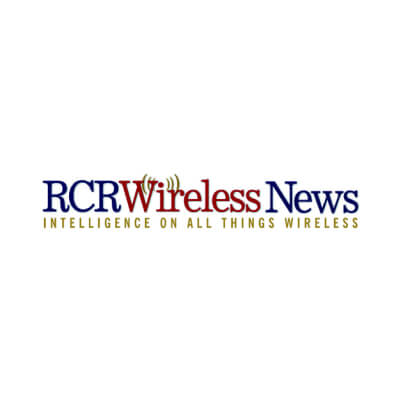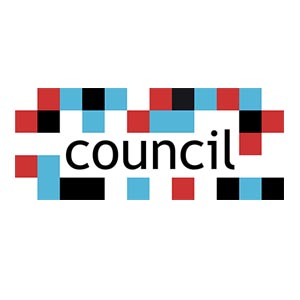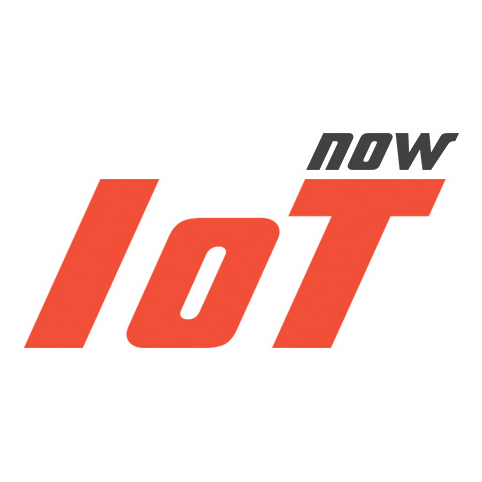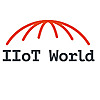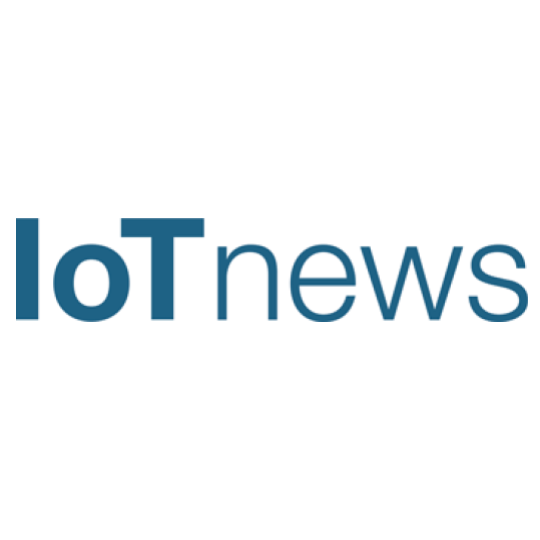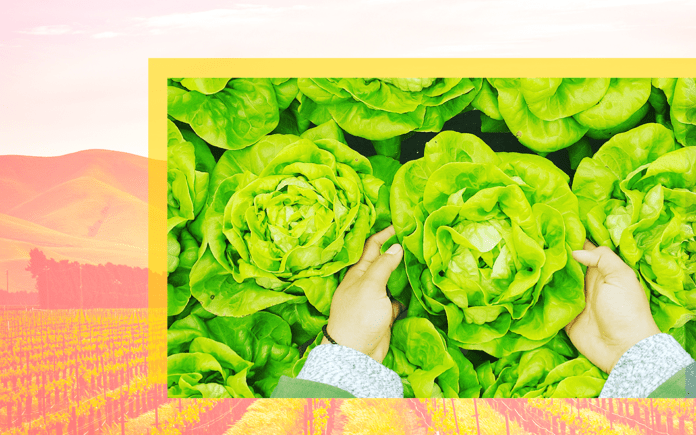
The agriculture industry is the foundation of economies worldwide, and it’s one of the most powerful tools to mitigate poverty and to bring prosperity.
According to statista, by 2022, the smart agriculture market is expected to grow from approximately 9.58 billion USD in 2017 to 23.14 billion USD.
Crucial factors such as exponential population growth, food security, and climate change have driven the agriculture industry into looking for more innovative approaches to improve efficiency and crop yield. As a result, the Internet of Things (IoT) has emerged as a savior for the agriculture industry by providing end-to-end visibility throughout the agriculture processes.
- IoT sensors collect data related to temperature, volumetric water content, rainfall, and other parameters in real-time. Farmers can utilize this information to identify trends and to predict irrigation needs.
- Wireless monitoring capability allows farmers to check crop water levels remotely, saving time and effort. Farmers can access real-time information instantly on mobile devices as well as on PCs.
- IoT sensors and actuators improve irrigation efficiency, where there will be no chance of under- or overwatering crops.
- There are many IoT solution vendors available in the market who can implement the entire IoT solutions in 3-4 weeks.
- Sensors are battery-powered and consume less energy, resulting in years of battery life and less maintenance cost.
What Challenges Do Farmers Face?
Manual maintenance checks: Checking the soil parameters manually adds a considerable burden on total operational cost.
Inaccurate soil humidity data: It requires a high level of effort to check the soil humidity status of the entire farm manually.
Water wastage: Lack of real-time soil humidity information leads to over- or underwatering crops, which not only wastes water but also damages crops.
Planting/cultivating timings: It’s hard to know the optimum time to plant without the availability of soil data of the entire farm.
Bringing the Power of Data to Farmers
IoT technology has the ability to send and receive data from everyday objects; the agriculture industry can benefit greatly by utilizing real-time connectivity.
IBM estimates that by the year 2050, IoT will empower farmers to improve crop yields by 70 percent. Apart from weather forecasting and pest management, IoT has the potential to save up to 50 billion gallons of water per year. The sensors can assist farmers in optimizing water usage during irrigation processes. A holistic IoT adoption approach will transform the agriculture industry.
Soil Moisture Monitoring Solutions Available in the Market
Many IoT vendors in the market offer IoT solutions coupled with affordable sensors that are capable of monitoring soil humidity/moisture levels and temperatures. Many sensors available can automatically report the ingested data to the internet without the need for additional WiFi, GSM, or any other kind of internet connectivity. This helps farmers in analyzing the best practices for their crops without spending their hard-earned money in inefficient manual checks. Farmers can make the best possible decisions for planting, watering, and pest control when the exact real-time data is being fed to them from their own crops.
IoT solutions that are capable of improving the crop yield often measure the following parameters:
- Soil moisture: Soil volumetric water content can be easily monitored using the moisture sensor data collected from the farms.
- Soil temperature: Farmers can plant whenever the soil is at its optimum temperature for crops using the data collected from the temperature sensor, installed beneath the ground level.
Some IoT solutions are scalable enough to support as many sensors as a farm needs. These solutions empower the farmers by providing them real-time measurements and by notifying them whenever the sensor readings deviate from anticipated values.
What Values IoT Solutions Deliver to the Farms
Here are some of the benefits IoT-powered soil measurement solutions deliver:
Automate irrigation: Not all the IoT solution providers have such features in their product, but there are some providers whose products support two-way communication. These advance solutions utilize smart sprinkler systems (Actuators) which triggers the irrigation on when the soil humidity goes below the desired limits.
Keep a continuous watch on the soil quality: The solutions can back up all the data ingested from the sensors over time, even if the farmer’s mobile/laptop is offline. This way the farmer can know the all-time history of soil moisture and temperature. The farmers can also be alerted on their cellular device or mail if any deviation occurs in the moisture or temperature parameters. Some IoT solution providers also provide interactive charts using advanced data analytics, making the comprehension easy for the farmers.
Provide easy data accessibility: All the farmers need is internet connectivity and a mobile/tablet/PC to access the soil measurement IoT solutions. This helps the farmers stay in tune with farm conditions, even when they are outside their farm or having a family trip or a supplier meeting.
Help in conserving water: Automatic irrigation features allow farmers to save water by eliminating overwatering the crops. Farmers can set the humidity levels’ threshold limits, which helps the solutions to automate the irrigation process.
Reduce operational expenses: The solutions eliminate the need for manual soil checks for humidity and temperature levels. Less manual trips throughout the farm mean fewer man-hours, which ultimately reduces the cost of production. Smart, isn’t it?




 Related Podcast Episode
Related Podcast Episode
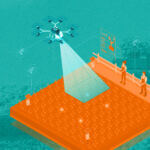



 Related Applications
Related Applications
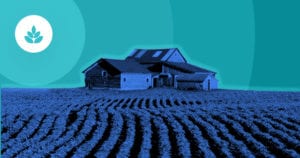
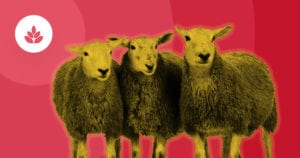

 Latest IoT News
Latest IoT News
